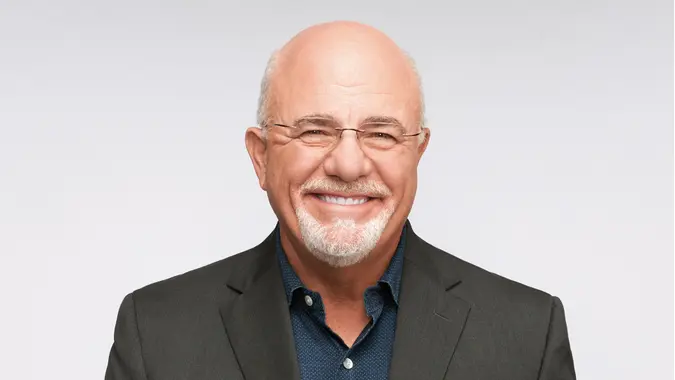I Retired in My 70s: Here’s My Monthly Budget

Commitment to Our Readers
GOBankingRates' editorial team is committed to bringing you unbiased reviews and information. We use data-driven methodologies to evaluate financial products and services - our reviews and ratings are not influenced by advertisers. You can read more about our editorial guidelines and our products and services review methodology.

20 Years
Helping You Live Richer

Reviewed
by Experts

Trusted by
Millions of Readers
Much of the conversation around retirement and financial planning involves making sure you’re financially ready to take the big plunge out of the workforce and into the open seas of life as a retiree. But what about insights into budgeting and financial health after you’re sailing along in retirement?
You may know how much you want to invest in your various retirement accounts. You may have budgeted for the taxes that may be taken out of your Social Security. Do you know how you’ll plan to live once you’re retired?
These were the questions that confronted Paul, who preferred not to use his real name, as he prepared to wind down a career as an acupuncturist with a trusted healthcare organization at age 71. Fortunately, Paul was financially ready for retirement, and he knew he wanted to live relatively simply.
Staying mindful about the expenses that will inevitably come up while finding cost-effective ways to stay active — and have fun — has helped Paul navigate these new waters successfully. He shared his approach to monthly budgeting and money management with GOBankingRates.
Taking Advantage of Good Timing
Paul relies on a pension provided by his former employer, as well as Social Security, as his primary sources of income. He waited as long as possible to take advantage of these resources so that he could get a larger amount of benefits that would be easier to live on.
Though Paul has a 401(k), he primarily uses that money as a buffer and a way to cover sudden expenses as they come up. He’s able to get by on Social Security and his pension, in part because he owns his home. Fortunately, Paul was able to get his house early and inexpensively enough that mortgage rates were lower.
By owning his own home, Paul has knocked a major expense out of his monthly budget. He also has a leg up on other retirees. In fact, a U.S. News & World Report story on costs to include within your retirement budget ranked housing as number one.
However, the article is quick to remind readers that home ownership also comes with costs that retirees must plan for: “Whether you own your home or rent, lodging costs may be one of the largest parts of your budget. Those who have paid off their home may have extra cash to spend on other budget categories, but don’t forget to factor in upkeep, property taxes, insurance and utilities as ongoing expenses.”
Keeping Healthy To Cut Costs
The cost of care is uppermost in the minds of a lot of retired people — so much so that the U.S. News & World Report article listed it as their second most important concern within retirees’ budgets. Retirees must plan for costs related to premiums, co-pays or even long-term care.
Like many retirees, Paul uses Medicare to help cover his healthcare expenses. He also does what he can to stay healthy and active, including using his bicycle to get around town instead of driving. His enthusiasm for biking has the added benefit of saving money on gas and other wear-and-tear on a car.
Paul also focuses on healthy eating, sometimes investing a little more in a grocery budget that includes nutritious staples and not a lot of meat.
Using Perks From a Former Employer
To help reduce expenses, Paul also turns to perks he’s obtained through his former employer — specifically, certain discounts and benefits related to Medicare.
However, Paul also took a broader inventory of added benefits he could get from his workplace, even obtaining a discount on pet insurance for his beloved cats.
Creating a Budget That Reflects Your Values
Paul entered retirement ready for a simple life, and he freely admitted that he’s not interested in extensive travel — unlike many other retirees, who can’t wait to start booking their cruises or European trips.
He’s also content with choosing the cheapest, most basic cable and phone plans, as well as taking steps to conserve his energy use. To avoid spikes in his electricity bills, he uses tried-and-true ways to save, like being conservative with the heat and the number of times he does laundry.
More From GOBankingRates
 Written by
Written by  Edited by
Edited by 

























